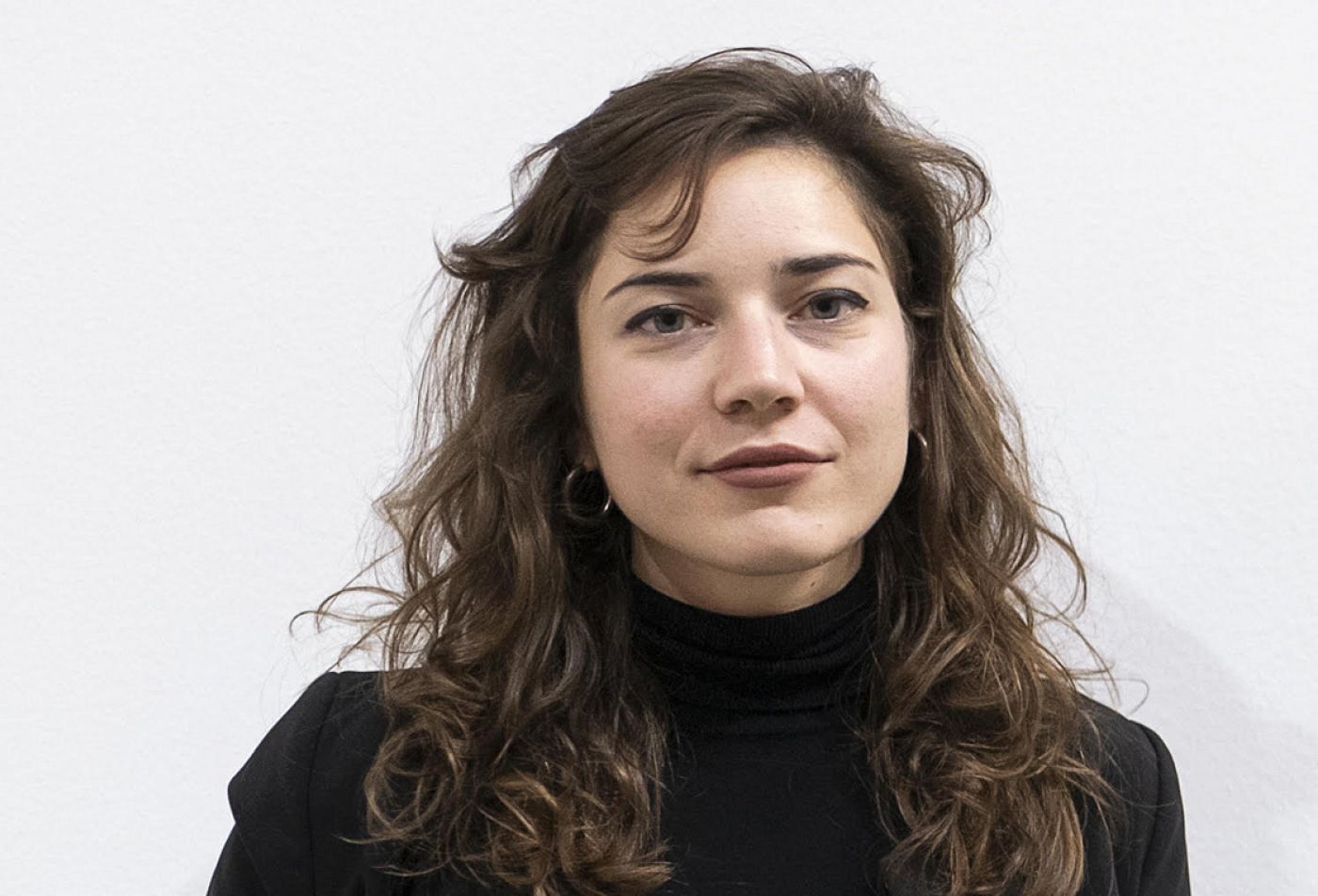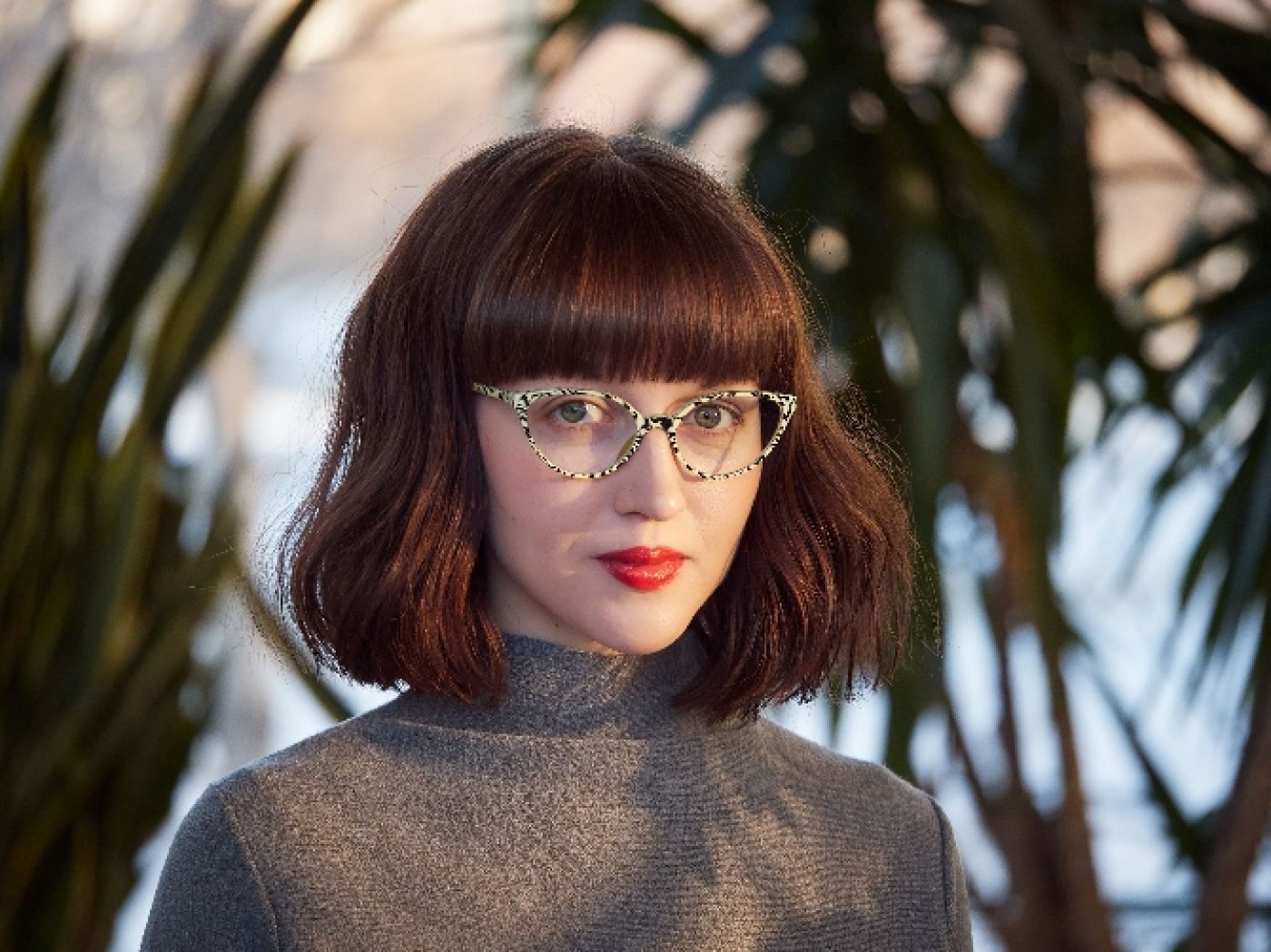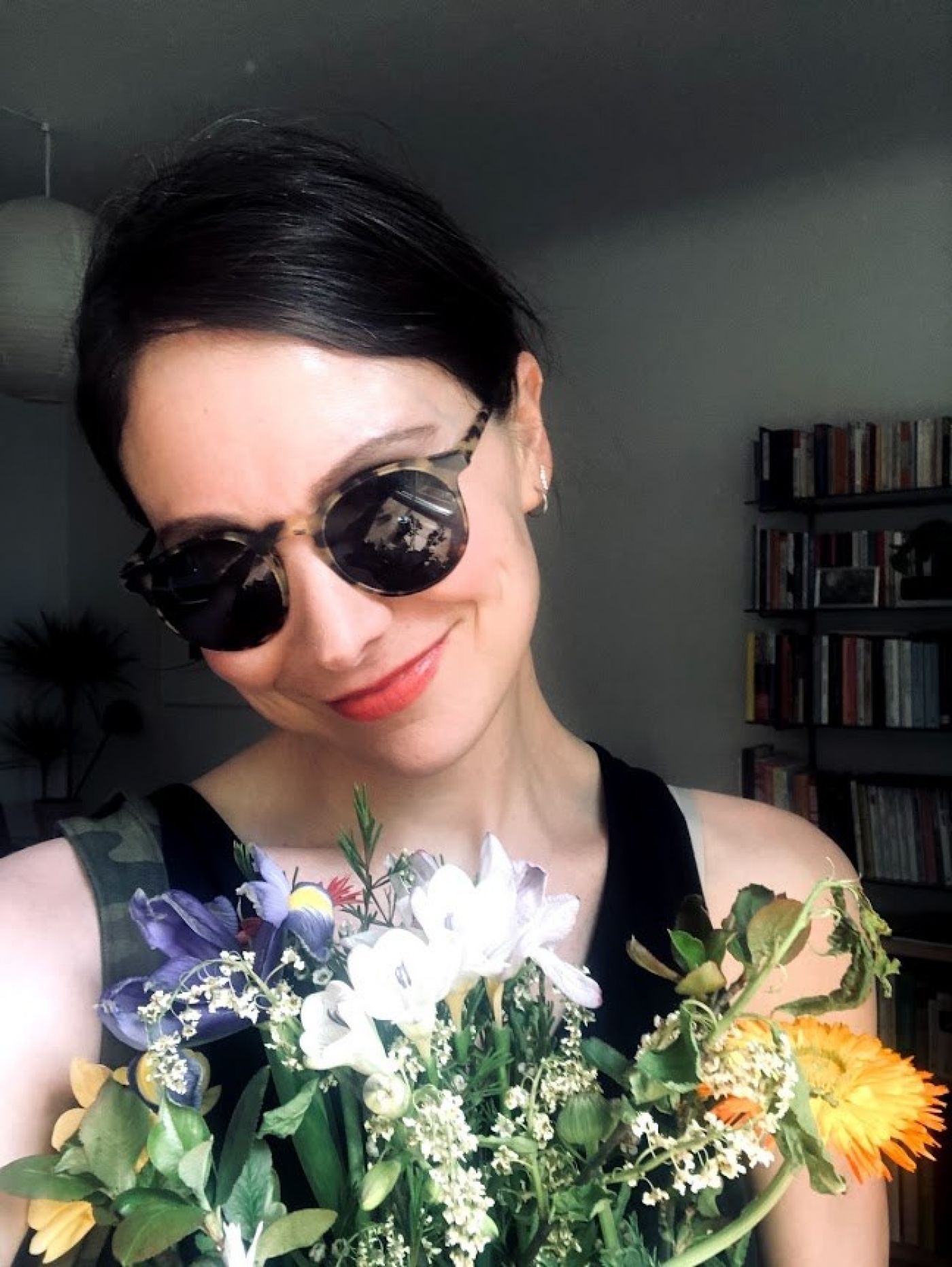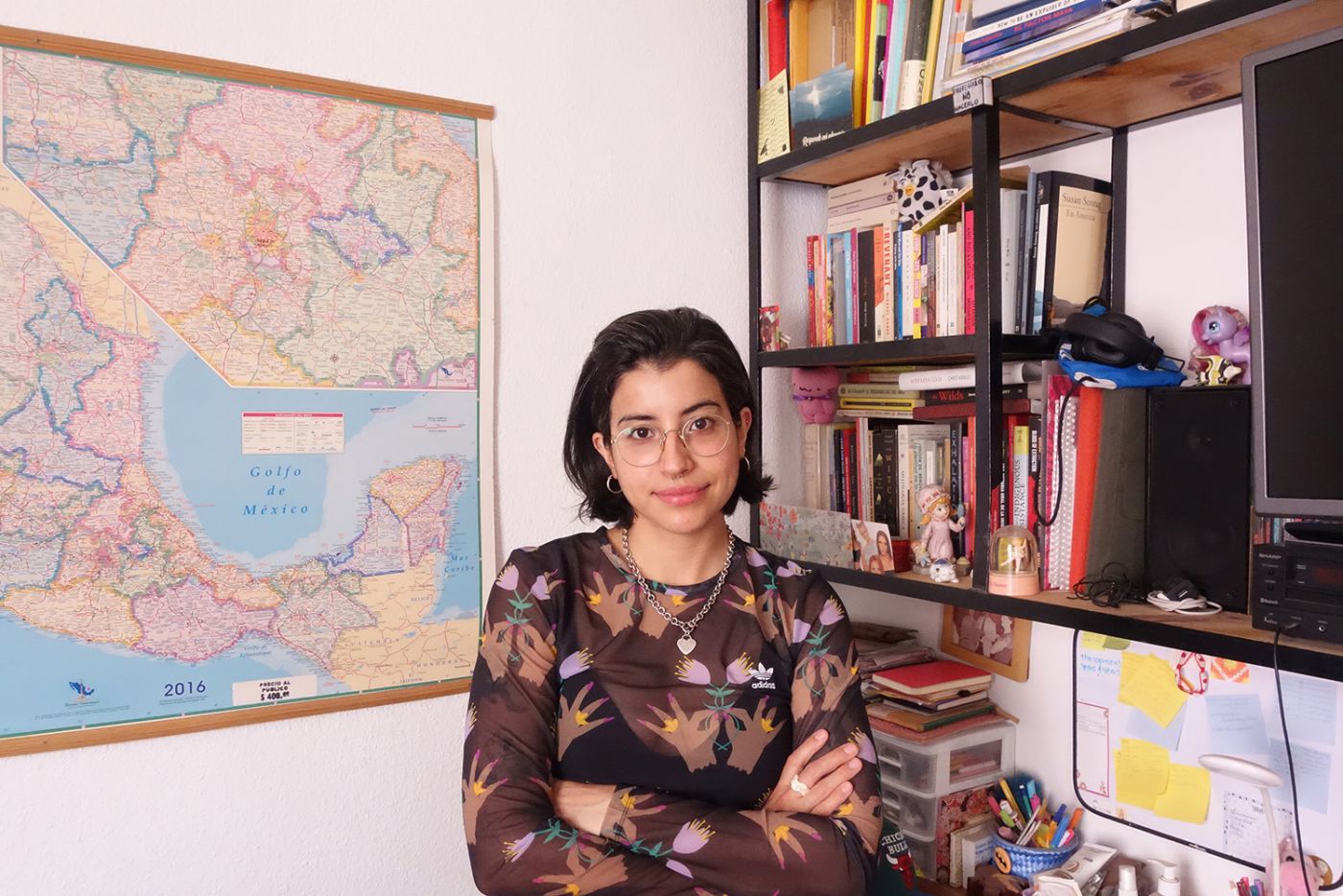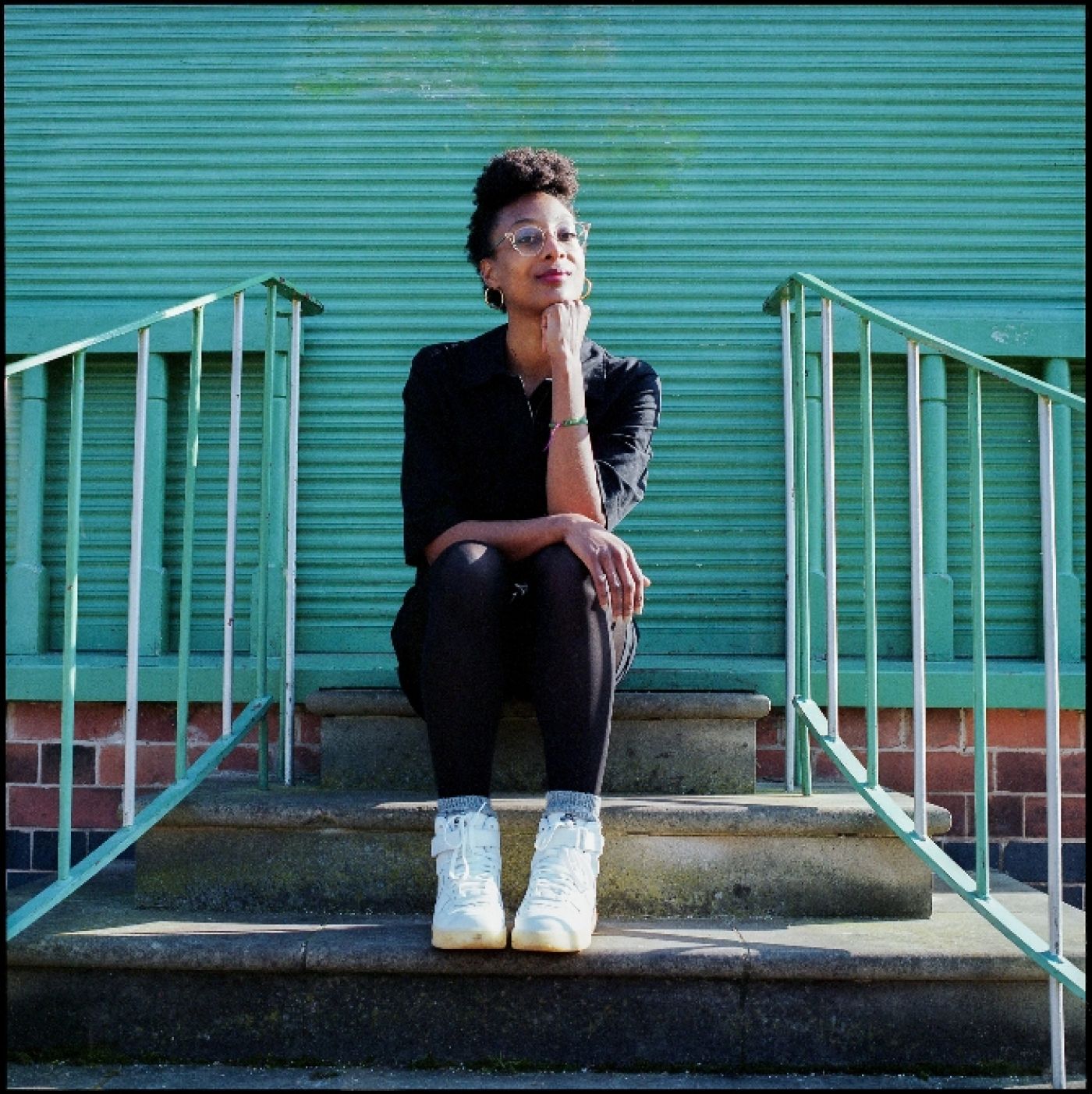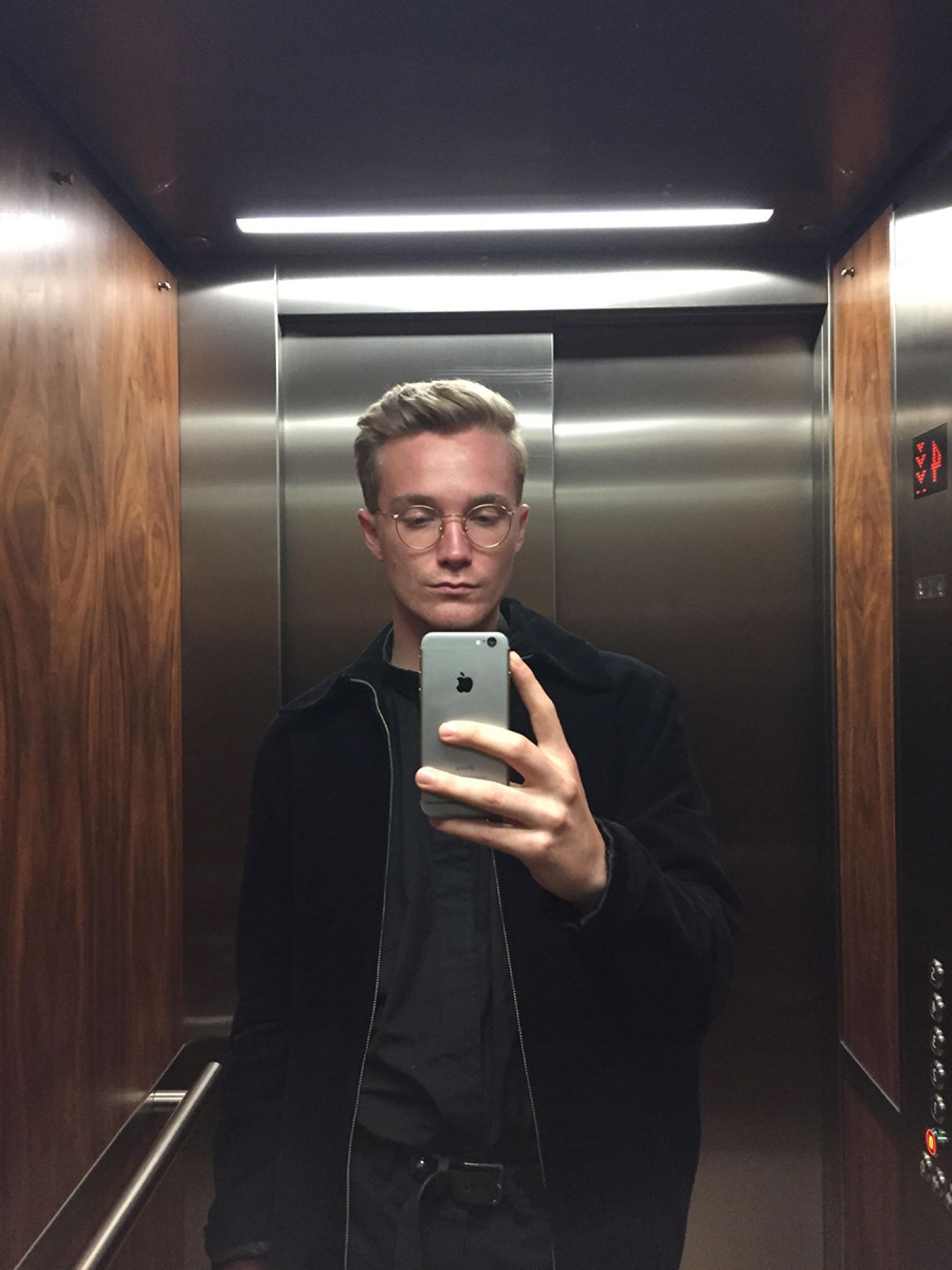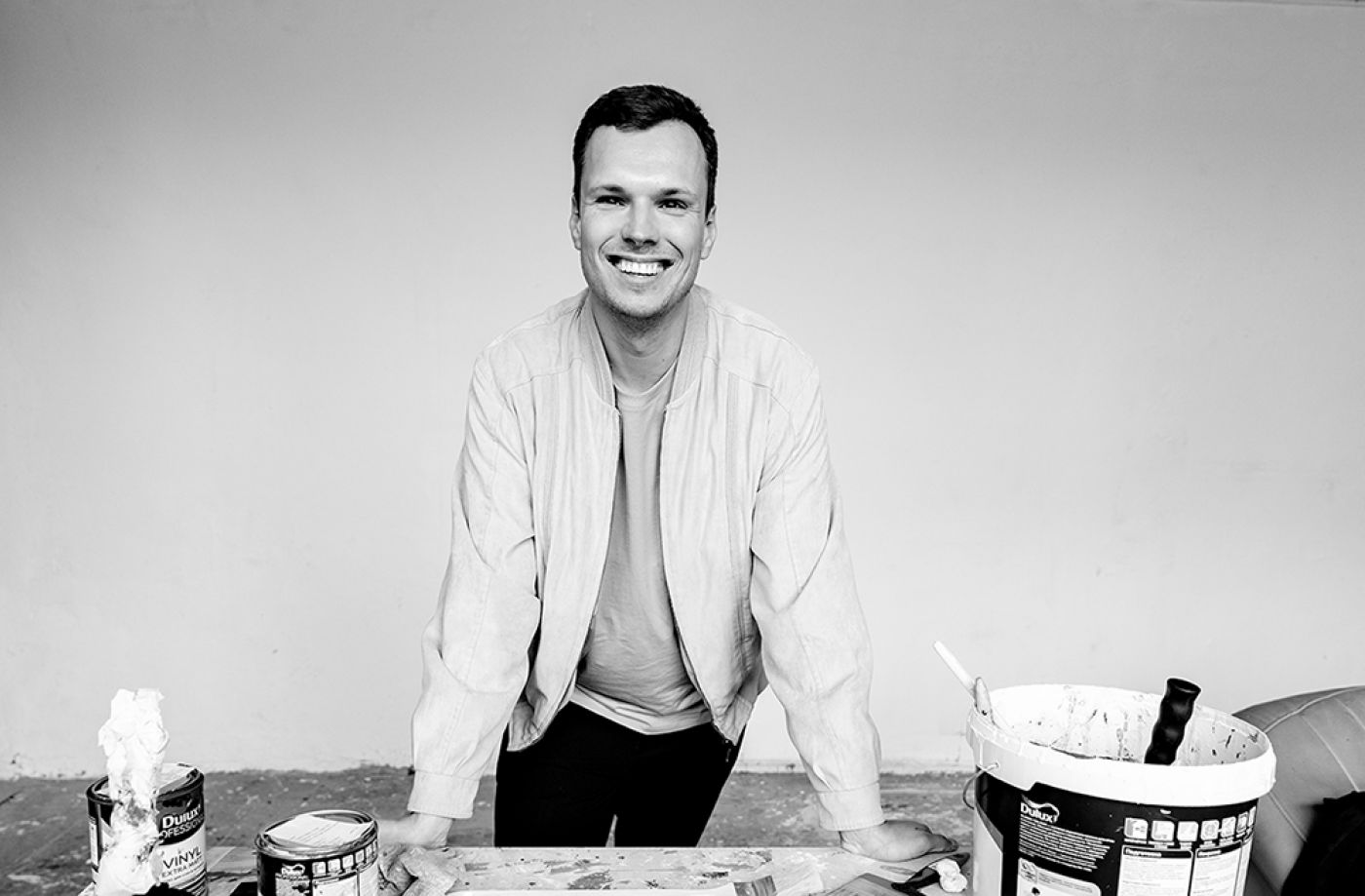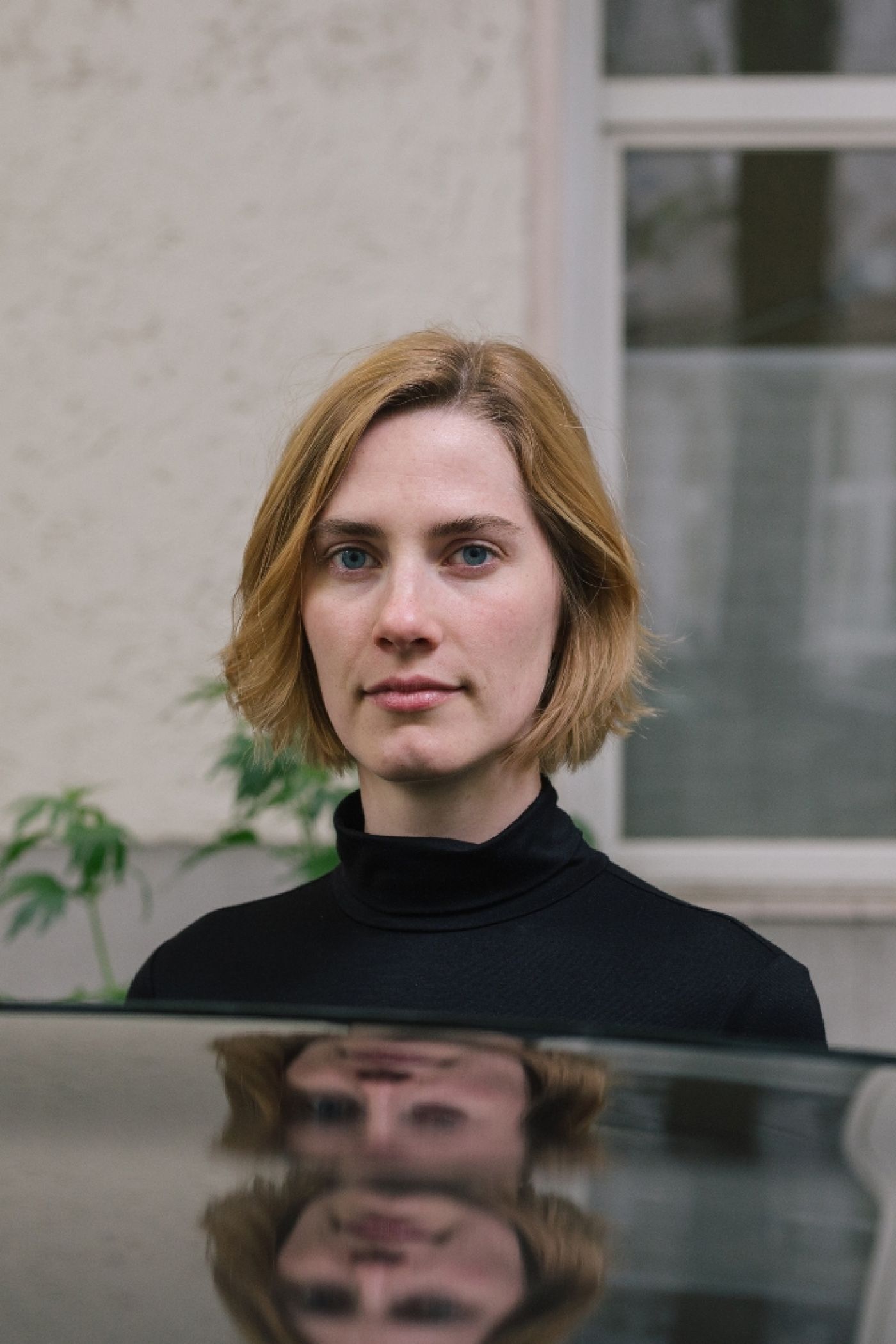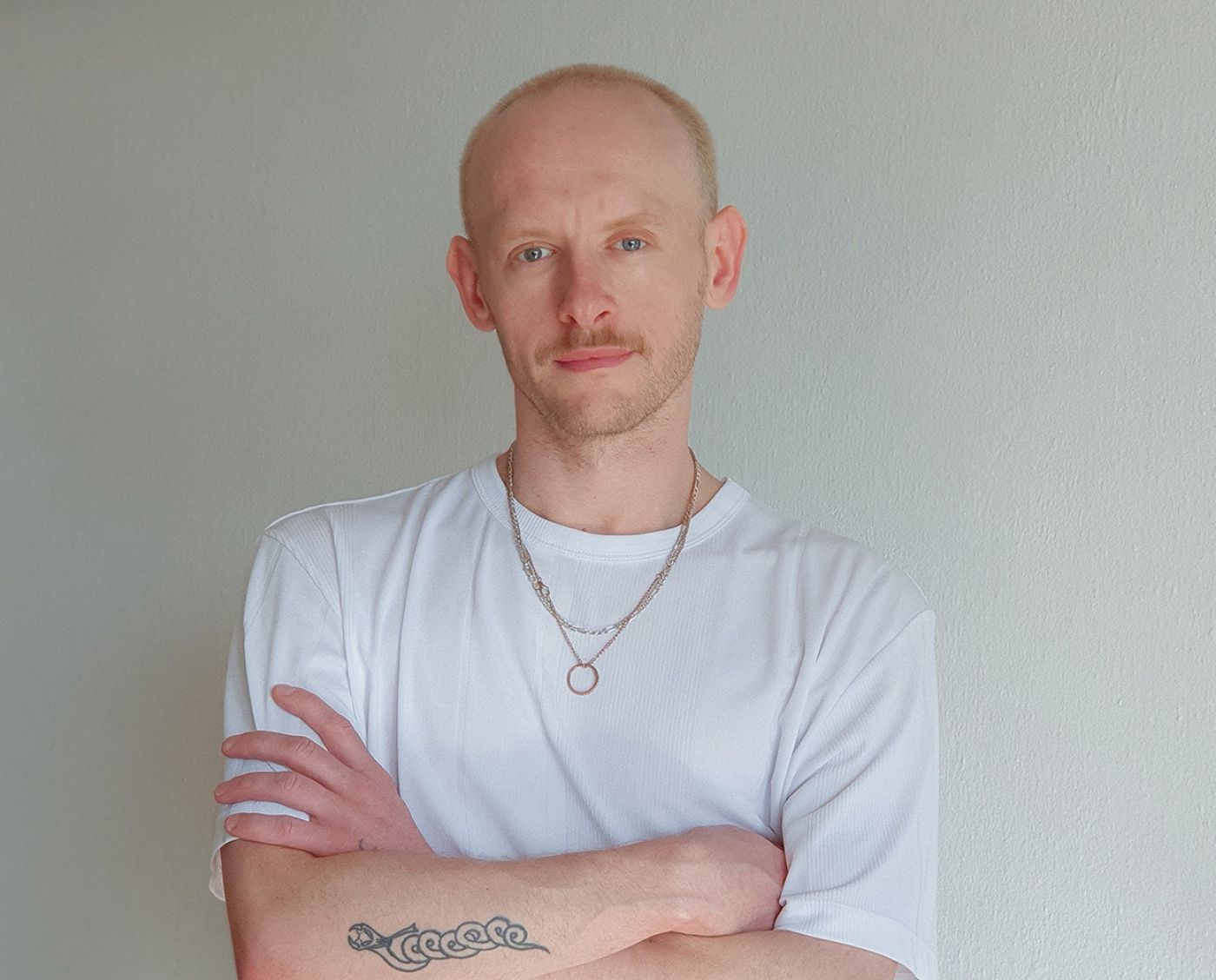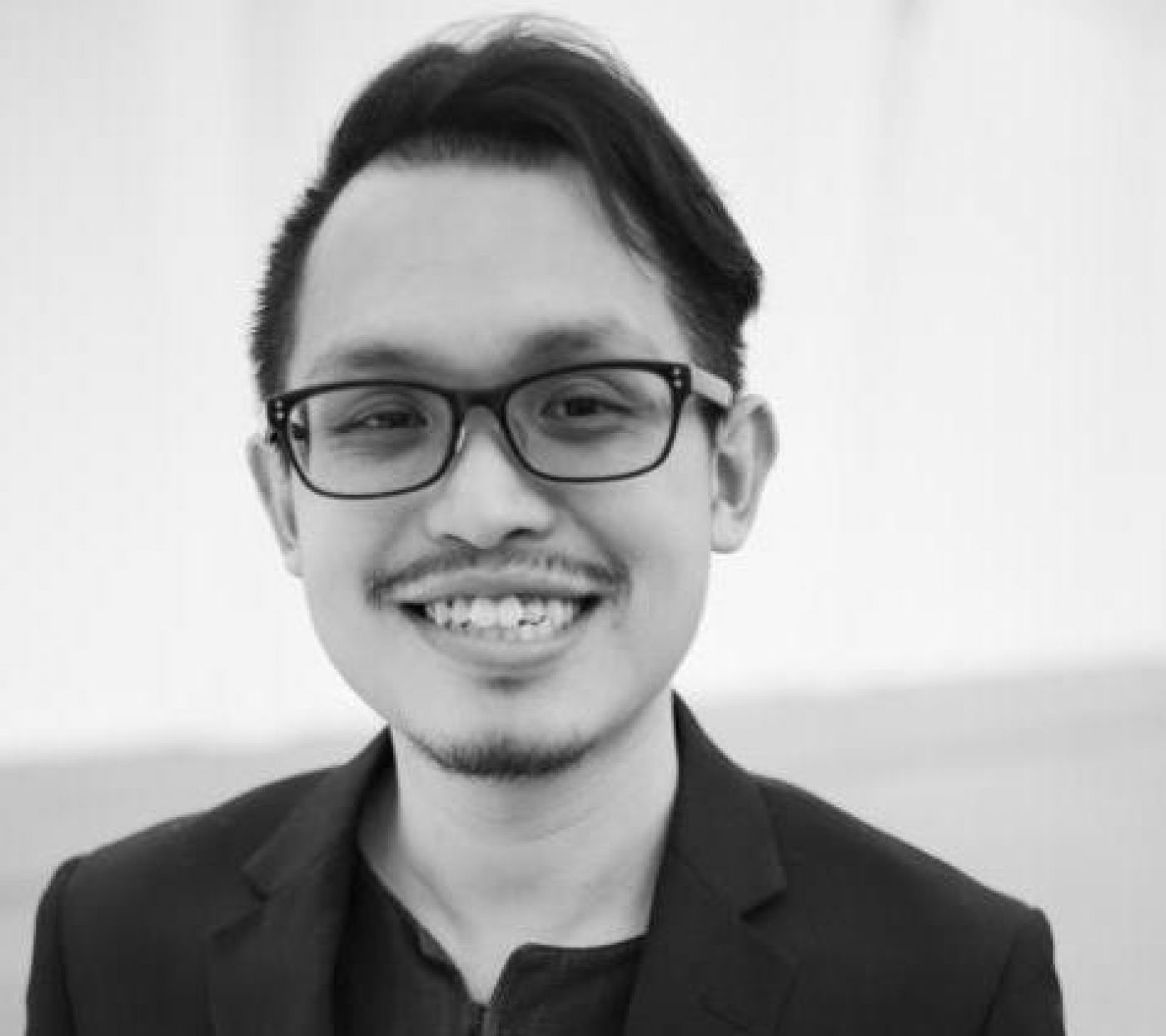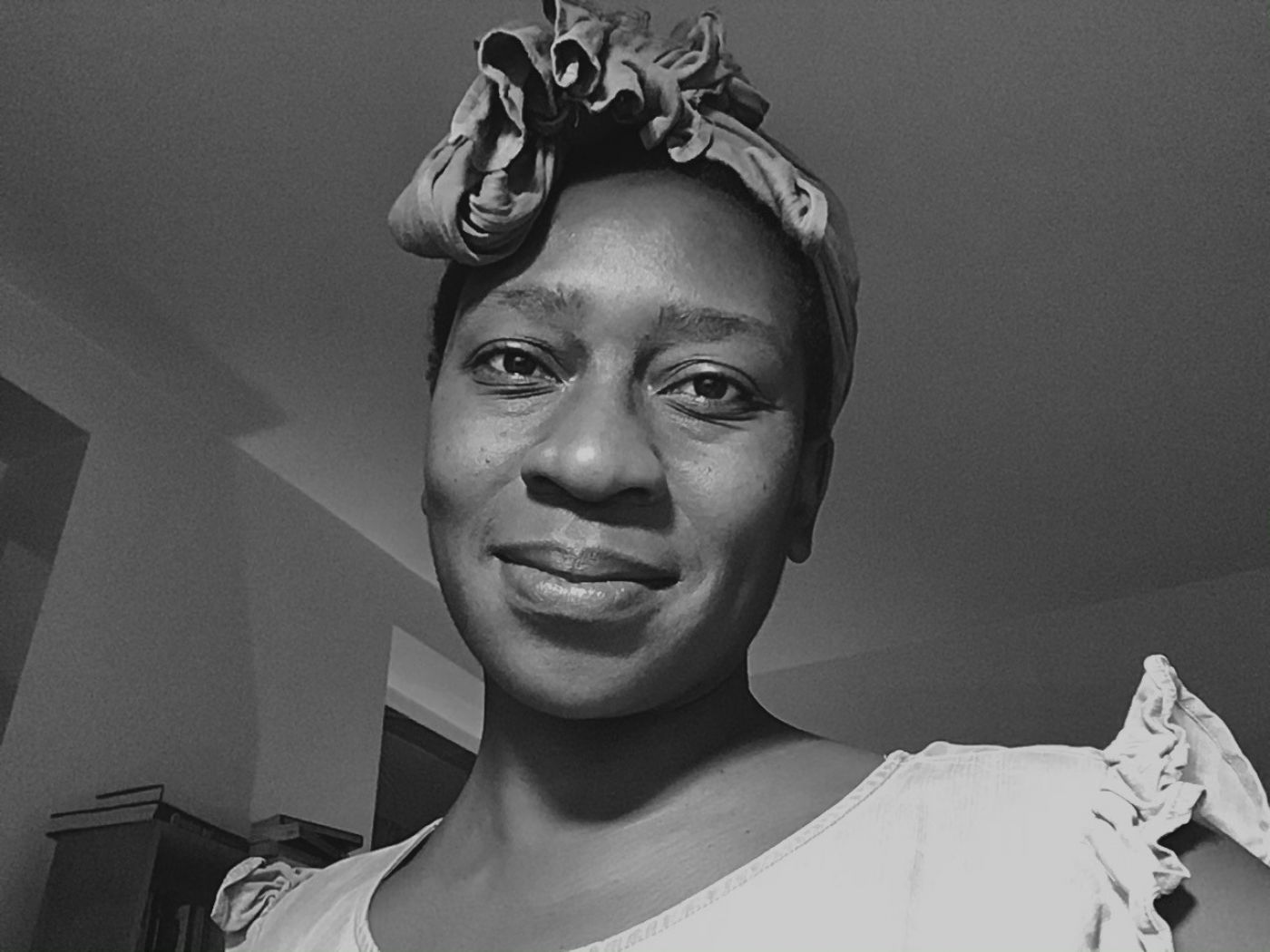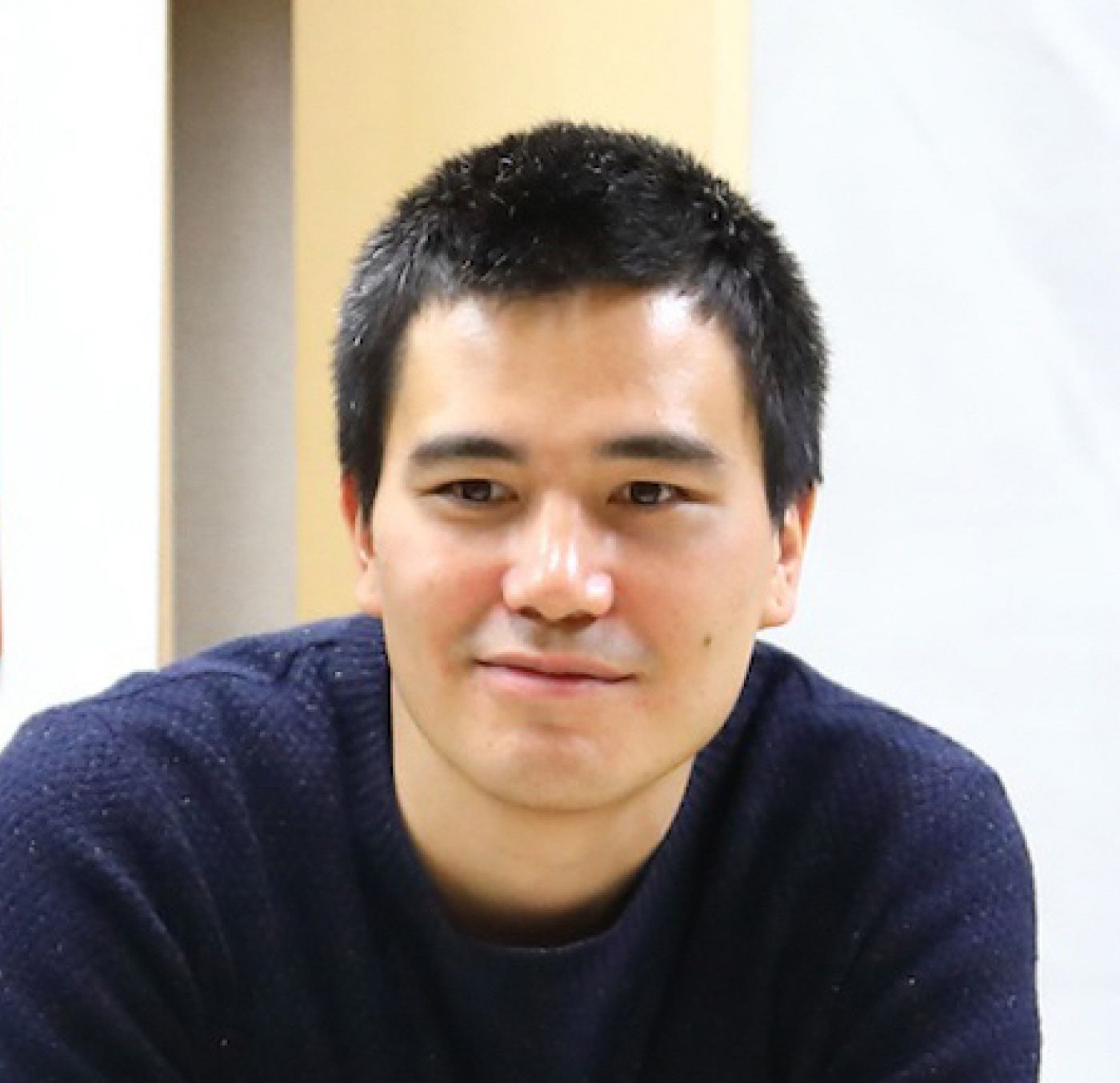Àngels Miralda on Reform
This has been anything but a lost year. It might seem that way, though, if societies around the world continue their habit of undervaluing what has often been considered “non-productive” time. That is, a time for thinking, assessing, constructing; a time to rethink forms of making, of doing, of seeing. Institutions and people get stuck in their ways when everything is running smoothly. A sudden jolt can reveal old flaws in a well-oiled machine.
The present moment in contemporary art is reacting to many jolts at once. It is marked by simultaneous struggles for racial and gender equality, for the inclusion of differently abled bodies and neurodiversity, for creating platforms for queer and marginalised histories, for ecological considerations, for acceptance of other-specied tales, for inclusion, for kindness, for friendship and trust. These all strive towards one goal: institutional and social reform.
We are now jubilant but weary. An end is in sight to our temporary distanced way of living, and what is emerging is a transformed world – albeit one at great risk of returning to the inconsiderate past. The communities that form the artworld, including artists, curators, institutional directors and cultural workers, are encountering the necessity to define what makes bad and good practice. We need to value simple ways of spreading joy and to contaminate others with good energy to create a kinder and more accepting future. Criticism itself, for example, is a rusty old machine: Is it constructive? What are its intentions? Are not opportunist and destructive forms of criticism born out of the same bad practices and individualism as the forms towards which they are aimed?
Many young galleries have been founded with such ideas in mind. For instance, by questioning and establishing new non-hierarchical ways of representing artists, they work together in communities rather than in economic echelons. They provide mutual support and growth, developing an artistic ecosystem for the benefit of everyone. Togetherness. Today, economic relations are becoming tied to trust and friendship. If the old avant-gardes organised themselves around manifestos and common ideas, the new generations are organising themselves around local scenes and social connections.
In the coming months I look forward to discovering exhibitions and artistic practices that encourage the production of permanent reform; that positively, constructively and irreversibly change existing structures; that work through the recent past and propose better futures; that consider the fragile planet we live on and the sensitivity with which we need to approach all species. We need to not only define pervasive bad practices but also celebrate those that are good. Now is the time for attitudes to become reform.
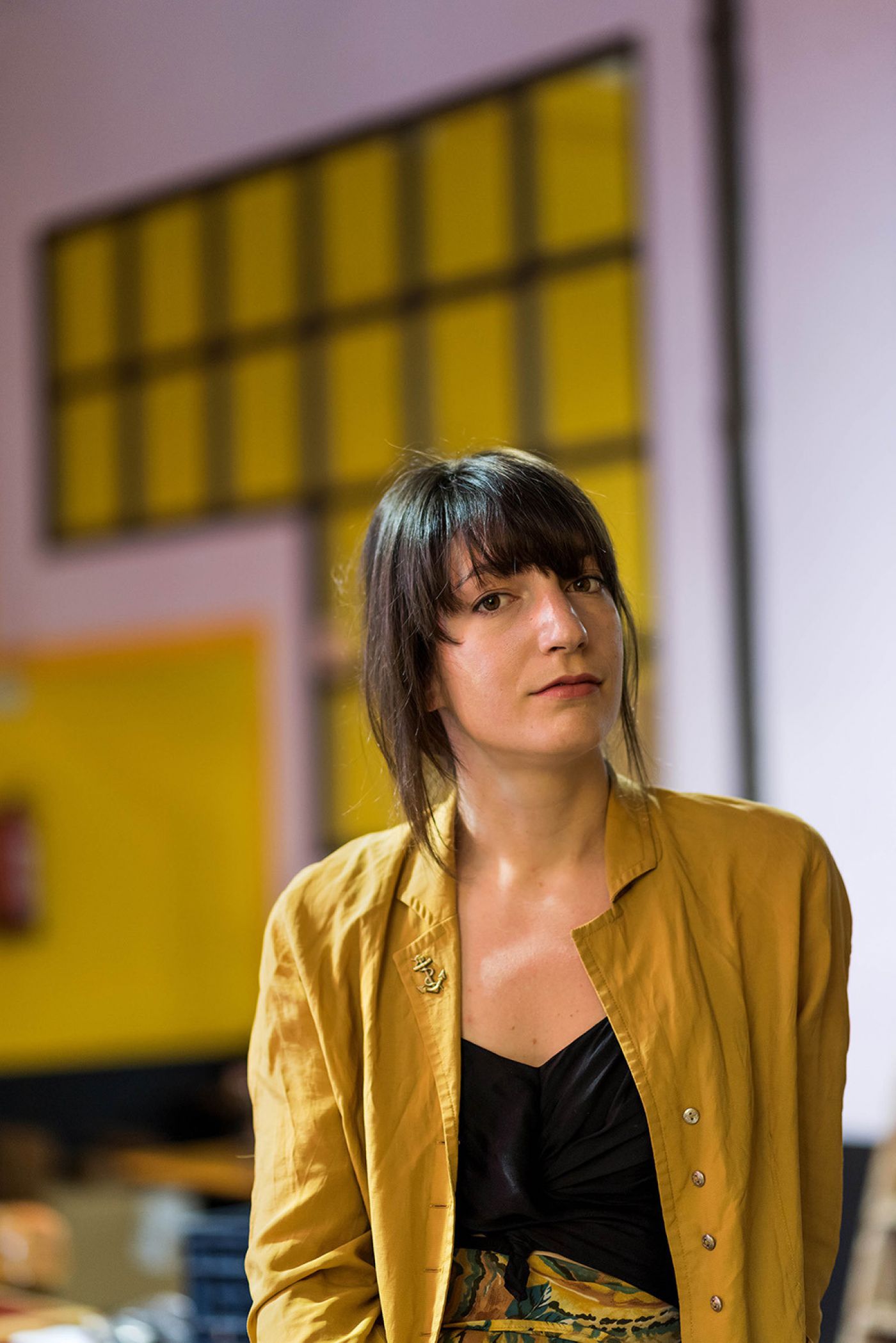
Àngels Miralda is a writer and curator interested in the inherent politics of material practice. She is currently participating in the De Appel Curatorial Programme 2020-21 and she has curated recent exhibitions at the Tallinn Art Hall, the International Centre for Graphic Art (MGLC) Ljubljana, the Latvian Centre for Contemporary Art in Riga and the Museum of Contemporary Art in Santiago de Chile. She writes for Artforum, Collecteurs Magazine and Arts of the Working Class, among others.
